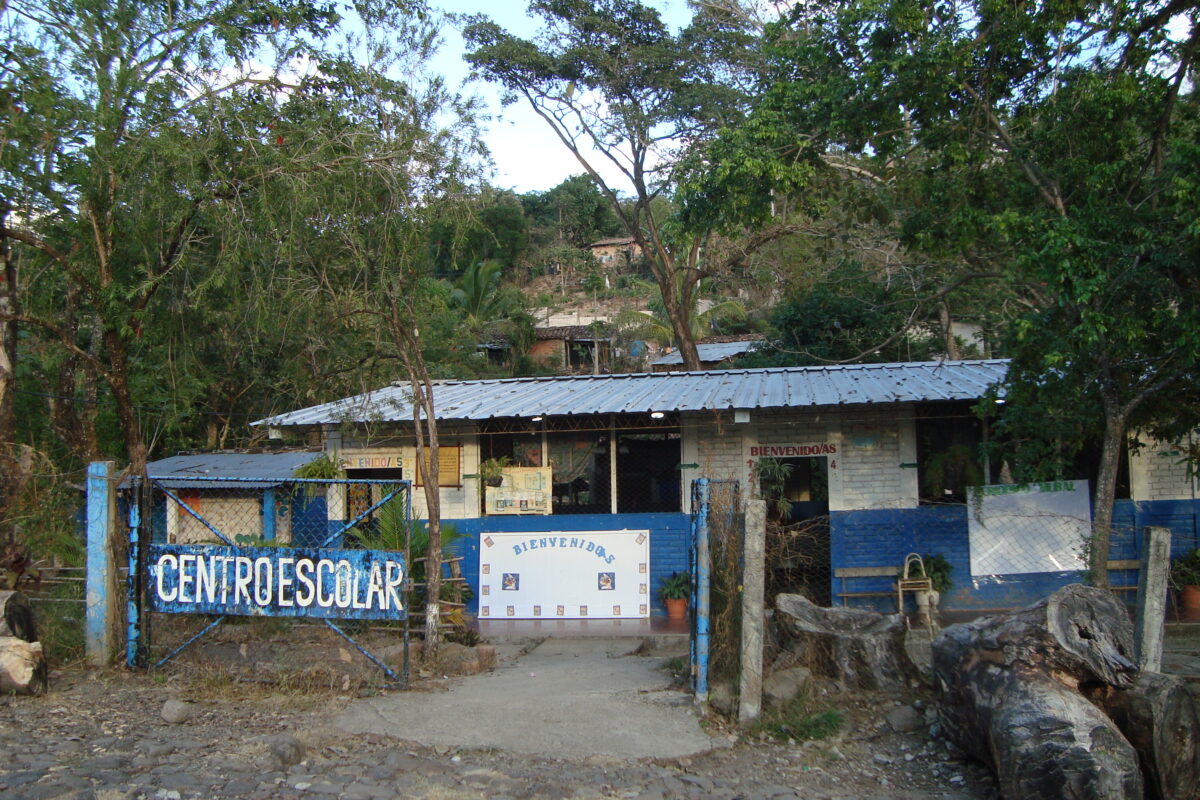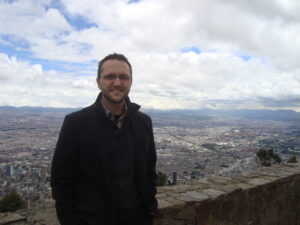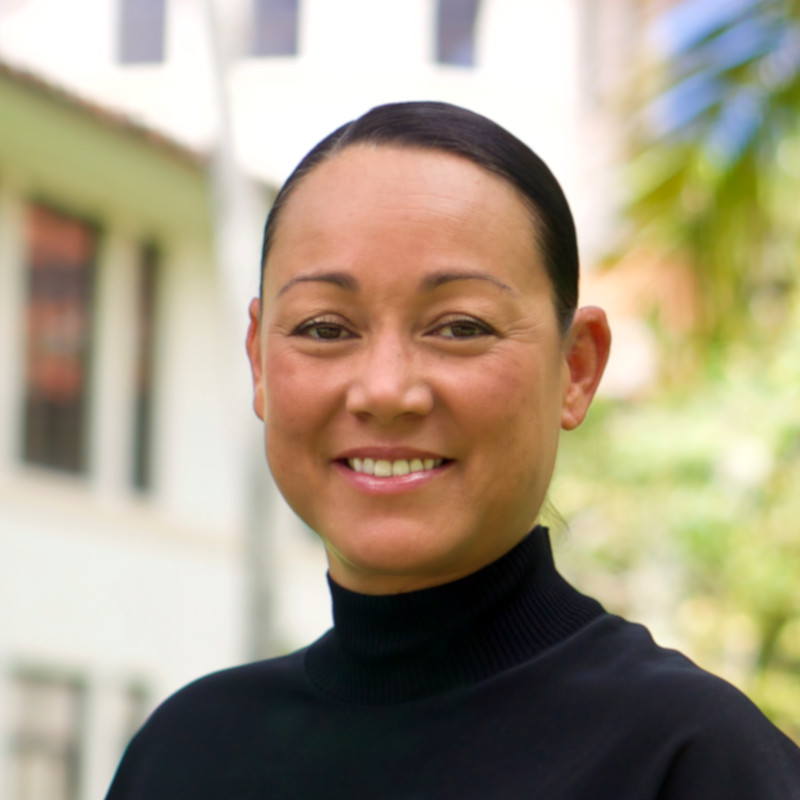
Associate Professor Brent Edwards, of the UH Mānoa College of Education (COE) Department of Educational Foundations (EDEF), has been awarded a $900,000 grant by Dubai Cares for his project, Crisis Management for Disaster Risk Reduction in Education Systems: Learning from the Elaboration and Integration of Technology-Focused Strategies in El Salvador, Honduras, and Colombia.
A philanthropic organization based in the United Arab Emirates, Dubai Cares is dedicated to helping achieve the United Nations Sustainable Development Goal 4, which aims to ensure inclusive and quality education for all. In light of the COVID-19 pandemic, the 2020-21 focus has been on proposals that contribute to the evidence base for education during large-scale disruptions with a specific emphasis on research that addresses the gaps in evidence for education.
 Edwards, who also serves as the track coordinator for the COE MEd in Global Perspectives on Education Policy and Practice, submitted one of only two proposals selected out of 173. Under his direction, the three-year project consists of a multi-country team of 13 esteemed colleagues from seven universities across the world.
Edwards, who also serves as the track coordinator for the COE MEd in Global Perspectives on Education Policy and Practice, submitted one of only two proposals selected out of 173. Under his direction, the three-year project consists of a multi-country team of 13 esteemed colleagues from seven universities across the world.
The Crisis Management team includes Co-Director Manfred Steger, a professor in the UH Department of Sociology; the COE’s own Associate Specialist Ari Eichelberger; as well as faculty from the University of Girona (Spain); University of Wisconsin, Madison; University of Texas, Austin; Central American University, UCA (El Salvador); National Pedagogical University (Honduras); and University of the Andes (Colombia).
“This project focuses on how responses to the COVID-19 pandemic in the education sector have been developed and implemented—and with what effects—in Latin America, a region where there are strong tensions between centralization and decentralization in the management of education,” stated Edwards. “The project focuses on El Salvador, Honduras, and Colombia, each of which represents a different-yet-common form of educational decentralization and has made distance learning technologies the centerpiece of their educational response to the COVID-19 crisis.”
Building upon ten years of research and engagement in Latin America, Edwards says that the project will allow him and the team to leverage and extend insights from their collective research on education policy. He explained that the goal is to improve the ways that crisis responses are created and put into practice with the hope of ensuring that school systems, within and beyond Latin America, are more prepared to serve the needs of students, families, schools, and communities when future crises emerge.
“Being selected for funding of this nature and magnitude is a great honor and an amazing opportunity,” added Edwards. “I am excited to work together with the team to understand the ways that education systems are responding to the COVID-19 pandemic. I am particularly enthusiastic about the fact that this project brings a multi-level perspective that is attentive to how policies are developed and implemented at and across different levels from the national to the local.”

